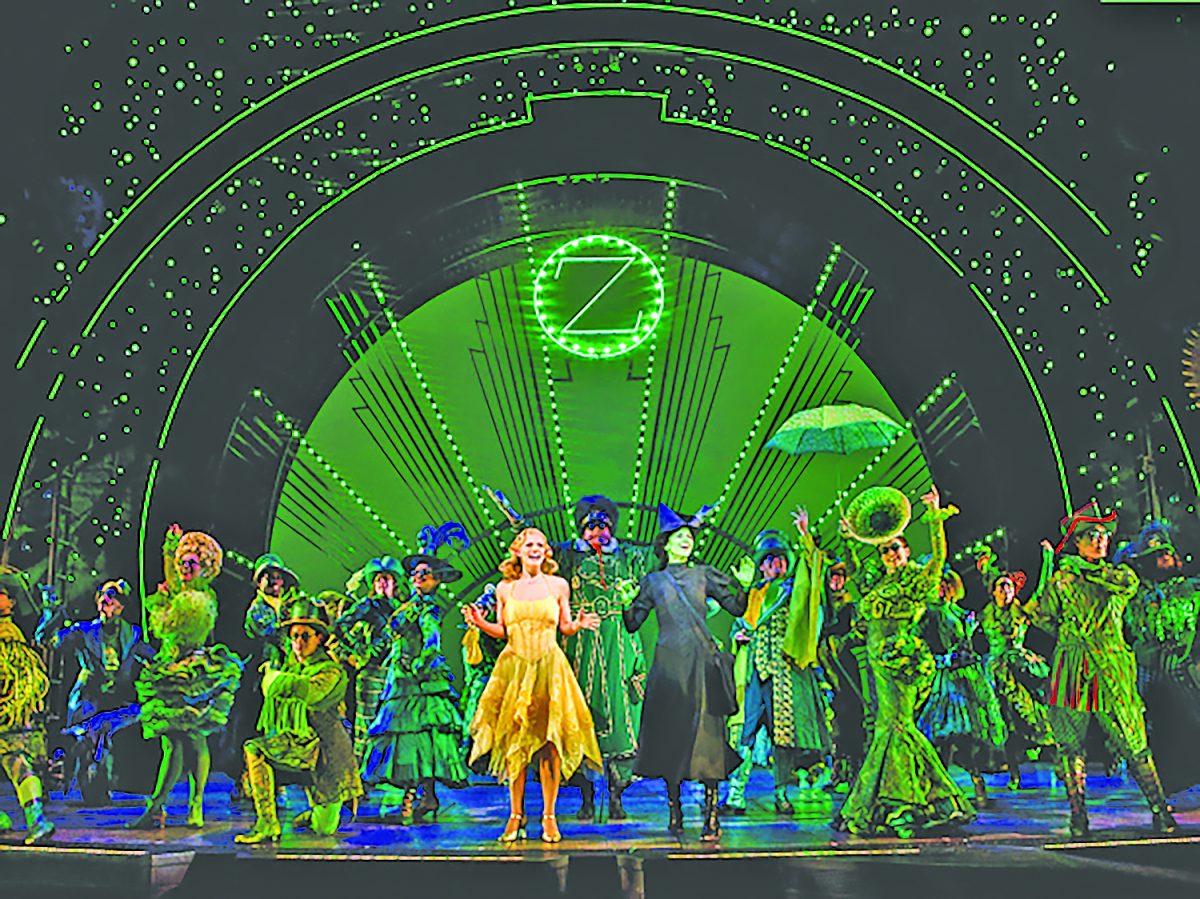Does it bother you when everybody’s talking about a piece of popular art in which you’re not particularly interested, and they won’t stop talking about it, and they urge you to get invested? Do you want to destroy this art, ideally with the hammer of Thor? Is “Mad Men” one of those pieces of popular art?
Well, now you can stick it to your friends with this list of the top five best, unarguable reasons not to watch television’s greatest running drama.
1. It’s not “Twin Peaks,” “Buffy” or—dare I suggest it?—“Lost.”
Even if you were disappointed by the ending of “Lost,” it’s hard to deny the rest of the series was ruthlessly exciting, and “Twin Peaks” and “Buffy” are two of the few shows ever aired that may, in fact, be better. How on earth can someone expect you to watch “Mad Men” when these far better shows exist?
Except, uh, well, of course, they’re no longer on the air. “Lost” ended two years ago, “Buffy” nine, and “Twin Peaks” 22. Not that that matters! Except there is something exciting about knowing one is joining 3,000,000 others in a shared experience in perfect worldwide harmony… but sometimes they still show “Buffy” on TV, and there must be at least a few thousand people who don’t own the box sets watching those!
Then again, it doesn’t matter which of these shows is best, because they each have such unique identities, a crucial factor in what makes them so great. So does “Mad Men,” which is as wildly different from “Twin Peaks” as “Buffy” is from “Lost.”
“Mad Men” has an objectivity the likes of which I’ve never seen in a TV show. There are other shows that put on a similarly objective face, but it’s usually just an excuse to get away with portraying humankind at its worse—a cynical prank.
“Mad Men” is so genuinely objective that five years later, it’s still unclear who’s “bad” and who’s “good,” or if anyone’s really bad or good at all: the only thing that’s become clear is that these characters are profoundly, complexly, confusingly human. Don Draper, played by Jon Hamm, is the show’s lead variable: drowningly masculine, suave as hell, tough as nails, he can seem like the world’s darkest asshole and the planet’s greatest hope within a 45-minute episode.
Now there’s some humanity for ya.
2. Who wants to watch human beings screw each other over and condemn our race to Hell episode after episode?
Reality TV audiences.
Which is a misnomer, because “Mad Men” is closer to “reality TV.” The darker aspects of “Mad Men” are emphasized because mystery lies in darkness—light illuminates. The dark aspects of “Mad Men” are attractive: its photography, possibly the greatest tribute to noir TV’s ever seen; the primal romance, the violent retribution, the ingeniously ruthless swindle.
But more of the show’s appeal lies in its ability to extinguish the darkness, to draw moments of blinding light that seem real, even amidst the oily, immoral advertising business of the 1960s.
The series’ best episode, “The Suitcase,” which aired during its fourth season (in 2010), and came completely out of the blue, is one of the most powerful episodes of anything ever on TV. “The Suitcase” is overwhelmingly compassionate, and one of the deepest, most honest investigations of the depths of the human spirit anyone’s ever had the brains and feeling to put on a screen.
It’s also breathtakingly photographed and impeccably acted.
3. The Sixties were so 50 years ago.
Yes, they happened 50 years ago—but the difference between “Mad Men” and shit like “Pan Am” or, god help me, its name has been spoken again, “The Playboy Club,” is that those shows depict the past as silly, like everyone who lived then was a child.
“Mad Men” depicts the Sixties as they were, or as I’ve heard they were, since I wasn’t even sperm yet. Some of the conventions are different—I do wish people could still get away with wearing suits, ties and fedoras, damn it—and the show should at least make one feel good about the areas in which we have progressed (namely gender and racial equality).
But our primal, core emotions are immune to time. People still feel the same now as they did then, which means we can still feel for and with them.
Duh.
4. I can’t handle any more drama than I already have in my life. Why would I watch “Mad Men” when I could watch “New Girl”?
“New Girl” is pretty damn funny, no doubt about it. It comes down to whether you’re content with art that deepens your appreciation for now, or whether you feel that need for art to help you develop an appreciation for forever—or at least as long as we live. “New Girl” is good entertainment, but “Mad Men” offers personal development through great entertainment, which they should be teaching more about in public schools.
If they did, we’d all have less drama in our life, and more on our screens.
5. Don Draper’s a big poophead.
Use this one as a last resort.






